
Product rumors are Apple's best friend
Apple's longstanding perchant for secrecy is legendary. It's also a myth. Granted, the company has a strict no-comment policy about future products, which isn't so much about keeping information from seeping out but controlling who disseminates it. Something else: Secrets are impossible to keep when a company produces physical products overseas and depends on so many third-party suppliers. Controlled leaks, or strictly managing those that aren't, lets Apple maximize marketing advantage.
The value cannot be understated, because Apple's business model in 2014 isn't much different from 2001 or 1995: Reselling to the same core group of loyal customers. The Mac faithful mattered when the company struggled to survive against the Intel-Microsoft duopoly and made the majority of profits from selling computers. Cofounder Steve Jobs wisely chose to expand into new product categories -- iPod (2001), iTunes Music Store (2004), iPhone (2007), iPad (2010) -- that freed Apple from monopoly bondage. But the core philosophy of selling to loyal customers, even while trying to grow their numbers, remains the same.
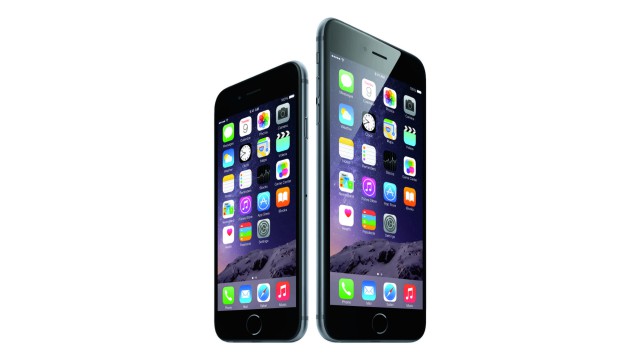
10 things you should know before buying iPhone 6 or 6 Plus
Launch day is over, and now the weekend warriors descend on Apple and cellular carrier stores looking to buy iPhone 6 or 6 Plus. Expect mayhem everywhere. Not since 2010 has there been such long lines for or insanity about a new "i" device. I expected nutsville, even with preorder option, but nothing like this.
To be honest, the frenzy defies logic and there must be some kind of mob mentality driving it. I am reminded of Windows 95's nearly 20 years ago. Some people will point to past iPhone launches as being as big or bigger. No. iPhone 4 was the last gigantic debut weekend, before Apple started taking preorders, a mechanism that shifted sales away from the big day. iPhone 6 and 6 Plus are much larger when factoring in those 4 million first 24-hour preorders (and others) ahead of September 19 store openings.
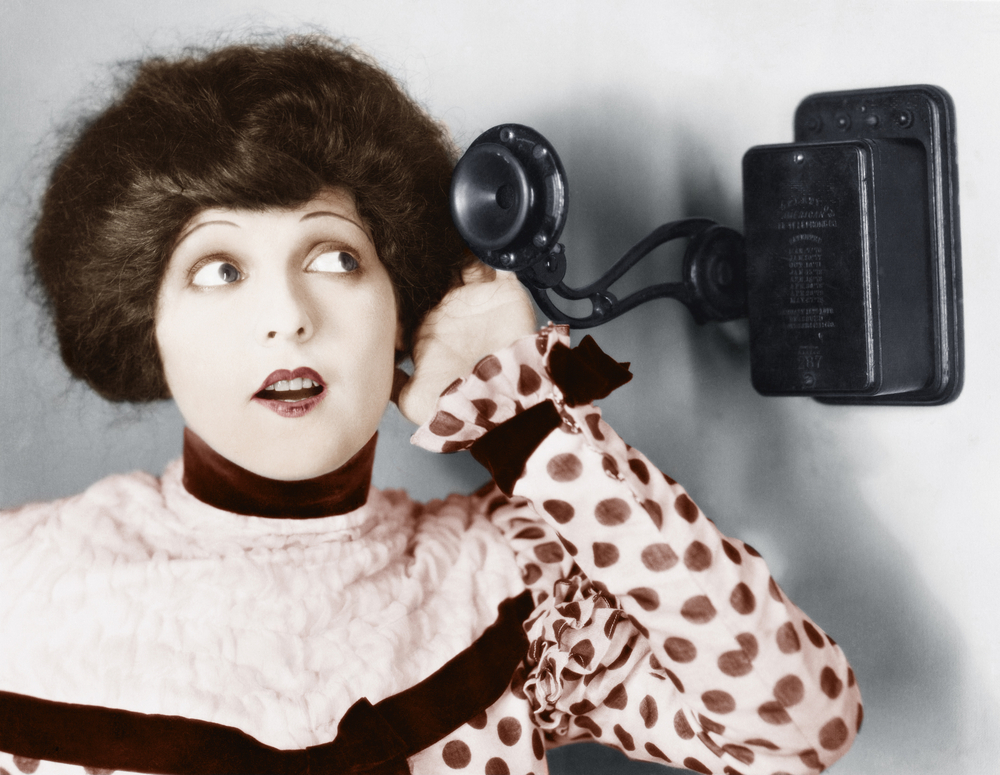
You can buy the past from Apple, or the future from Motorola
Moto X should be one of the most hotly-demanded smartphones on the planet. But Motorola lacks Apple's skill cultivating core groups of bloggers and journalists who swoon ecstatically and influence others to do the same. For example, I thought Stephen Fry's outrageously over-the-top adjective-rich iPhone 6 review was hilarious until reading The Register's parody, which is almost believably genuine.
Motorola bets on voice interaction over touch, making Moto X more like a device from Star Trek than the early 21st Century. Touch is oh-so 1980s -- what Apple pitched with the Macintosh 30 years ago -- whereas touchless is the next big thing. For people queuing up for iPhone 6 on September 19, welcome to the past. You should consider second version Moto X, which is available for preorder, if reaching to the future.
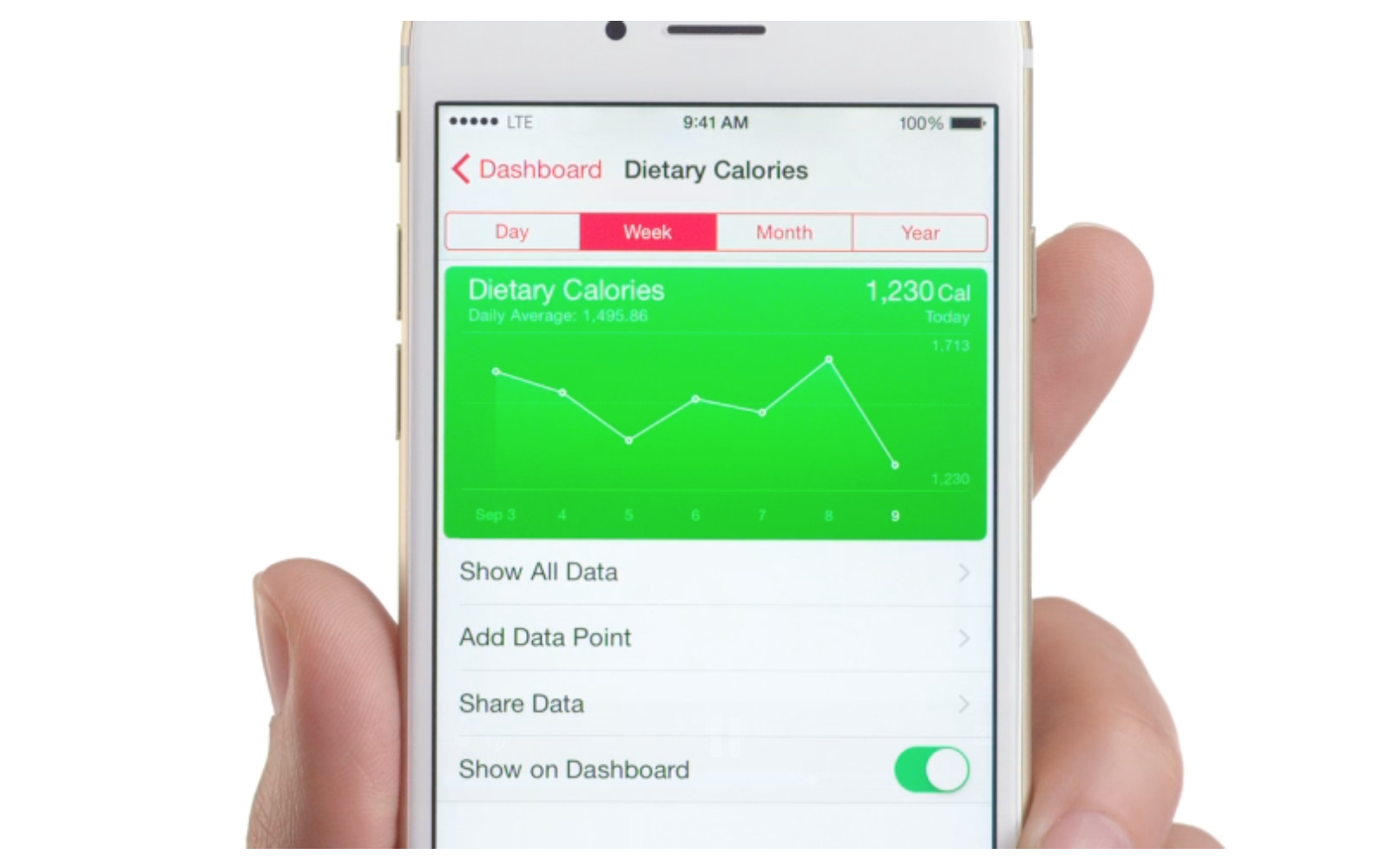
iPhone 6 is exceptional
Well, the first iPhone 6 reviews are in, and they are unsurprisingly glowing. Apple's handpicked group of preferred, early reviewers don't disappoint in their enthusiasm. Not that anyone should be surprised by that. But reading them all -- and I did just that last night while waiting at the hospital with my 92 year-old father-in-law -- common observations tell a story about Apple's newest handset. This is one Once Upon a Time that anyone buying gadgets or manufacturing them should listen to. It's a morality tale about putting benefits before features and the fine art of achieving balance.
Among the many missives from Apple's love children: "iPhone 6 Review: It's a Winner" by Walt Mossberg; "Reviewed: iPhone 6 Is a Thin, Sexy Phone with a Killer Camera" by David Pogue; and "iPhone 6 Review: Apple's Cure for Android Envy" by Geoffrey Fowler, among many others. These reviewers really like the device, which by most definitions is exceptional -- and that will surprise fanboys waving around spec sheets and yelling "copycat!".

iPhone 6 and 6 Plus set sales record, but, hey, Apple can sell 4 million of anything
Are you one of the 4 million? That's the number of iPhone and iPhone 6 Plus pre-orders during the first 24 hours, according to Apple. We don't have comparative number for iPhone 5s and 5c, as Apple gave a three-day figure of 9 million last year. But in September 2012, iPhone 5 topped 2 million the first day.
In one of the funnier Hitler parody videos, the dictator says: "If Apple sold Jony Ive's gym sweat, millions would also buy that!" (Ive is Apple's chief designer.) The point: Apple can sell millions of anything. CEO Tim Cook brags "record sales" -- and they're nothing to snicker about -- but would you expect anything less?
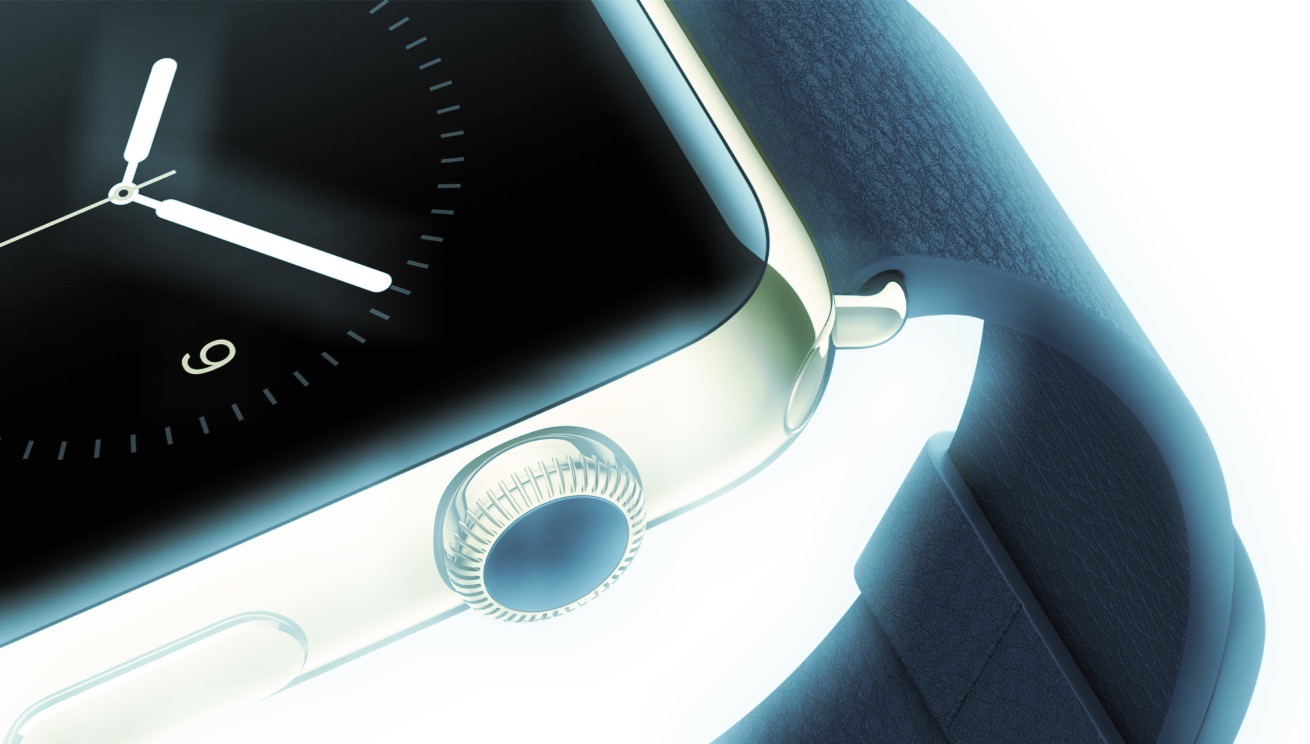
Is Apple Watch out of time?
I am reluctant to criticize unreleased Apple Watch because my analysis about original iPad -- given before seeing it -- was wrong. That said, Android Wear, while seemingly sensible comparison that analysts, bloggers, and journalists make, isn't right. When put in perspective of next-generation wearables, I think Apple Watch should be compared to Google Glass.
Be honest. Which looks more innovative to you? The utility of something you see at eye level that provides real-time, location-based information is much greater than something that demands more responsive -- "Hey, Siri" -- interaction and turns the glance and fingers downward. Granted, Apple Watch delivers alerts, and you feel them, but your attention is always to look away.
Chromebook is nothing without Android apps
Google geeks have speculated for nearly a year about Android and Chrome OS coming together as one operating system. Yesterday's announcement -- that some Android apps can now run on the browser-based platform -- seems to foreshadow a combined future. Make no mistake about what this really means. Chrome OS is an ecosystem with no future because there is little monetization of apps. The platform would be dead if not for the existing and smoothly integrated Google cloud ecosystem.
Android apps inject life into the Chrome OS ecosystem. Free apps can't sustain any platform because developers have no incentive to create them. Android opens a huge spigot of apps -- and some which developers can monetize, more than they do through paid services tacked onto free web apps. BTW, Microsoft should take a cue from Google, by bringing boatloads of Windows Phone apps to its PC operating system.
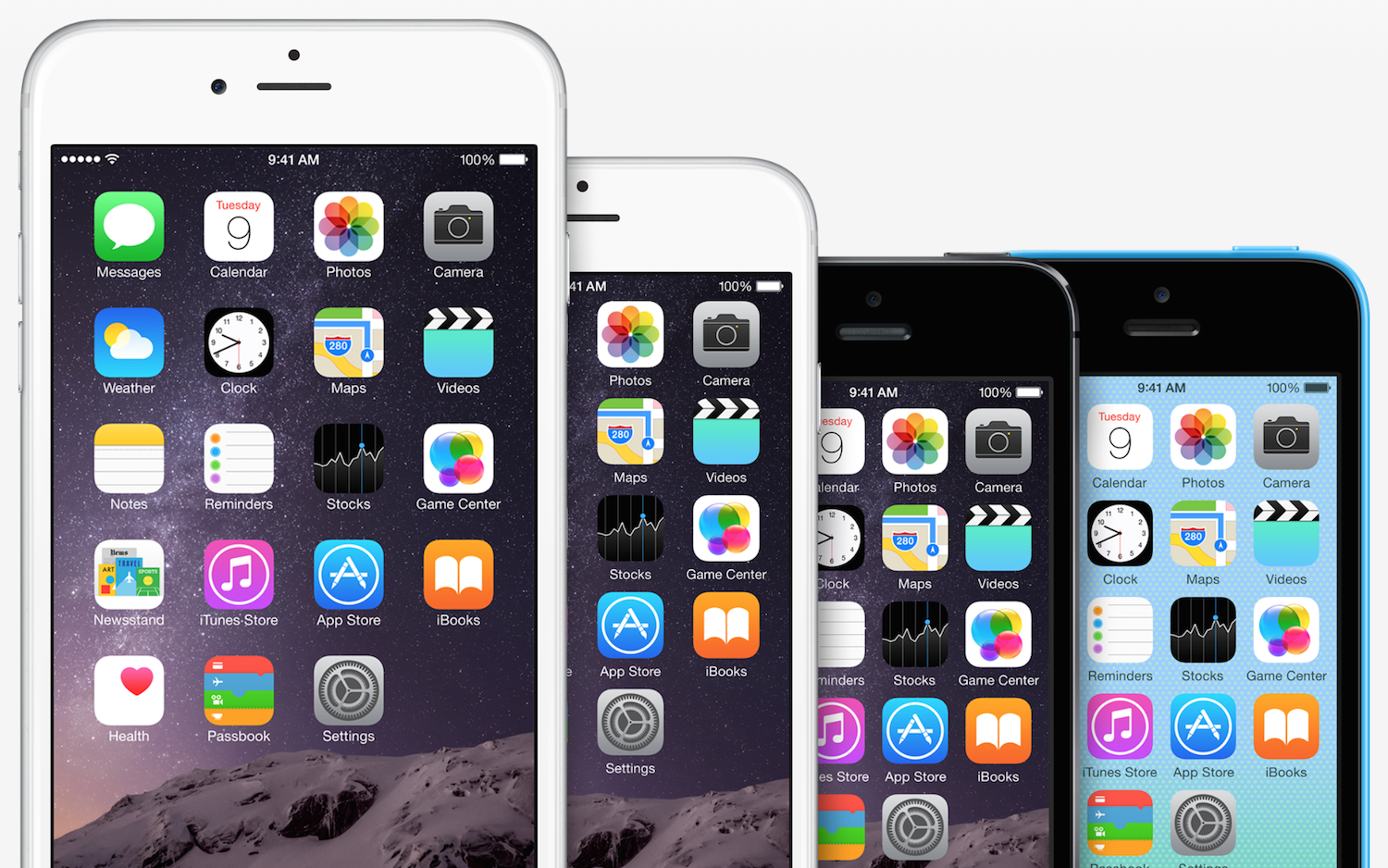
My problem with iPhone 6 is big
I'm a Mac user again. After two years of using Chromebook as my primary PC and going "Microsoft All-In" for the summer with Nokia Lumia Icon and Surface Pro 3, at the end of August I returned to my first love -- despite my reputation for hating it. I'm not anti-Apple. Fanatics who try to silence me, and other journalists not glowing about the fruit-logo company, just want you to believe that I am, by insisting bias where none exists.
Before Tuesday's splashy media event, I anticipated buying a new iPhone -- to fit into my renewed Mac lifestyle. But the size really bugs me. Last weekend, I asserted that September 9 would start the Tim Cook era -- that it would define where the CEO will take Apple. I used iPod nano as example of a product that defined Steve Jobs' leadership style. But Cook soiled my anticipation that he could be so bold. iPhone 6 and iPhone 6 Plus are too much me-too devices, and they're not what I expected from the great innovator.
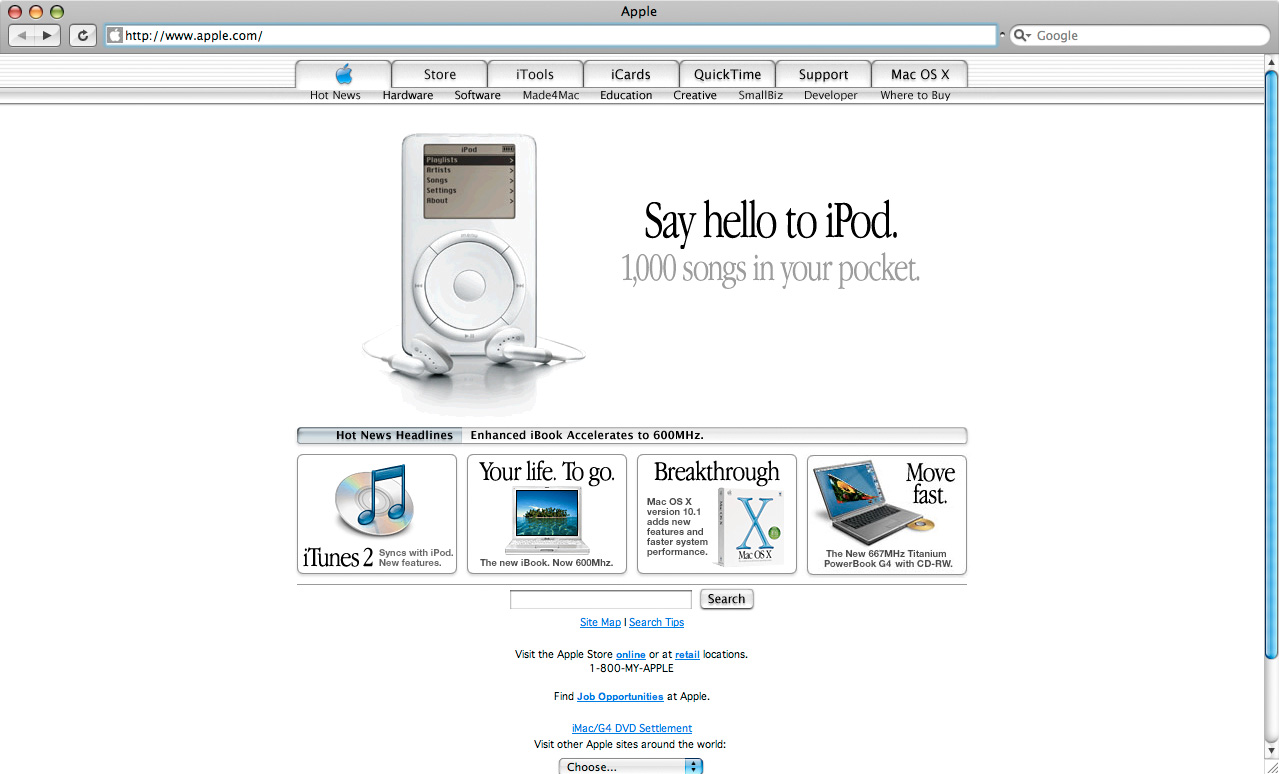
iPod Classic is gone, but fondly remembered
In my professional life as a journalist, I only wrote one rumor story for which sourcing was truly sketchy. Generally my rule is this: Write what you know to be true in the moment based on the most reliable -- and identified, meaning we directly communicated -- sources available. But I didn't feel confident about my Oct. 17, 2001 iPod story. My source (only one) confirmed that six days later Apple would unveil a "digital music device", but it wasn't clear what that meant, something the story reflects.
I reminisce about iPod because it's gone. CNET, where I worked when writing about the mystery music device, reported the device's disappearance yesterday. The link for iPod Classic now goes to iPod touch, and the music player is no longer sold at Apple Store Online -- not even refurbished. The extended name, adopted in 2007, is appropriate. The original iPod is a "classic". It is one of four foundational products released in 2001 that still drive everything Apple in 2014. Music changed the fruit-logo company long before iPhone established the world's largest tech company. iPod is part of the story.
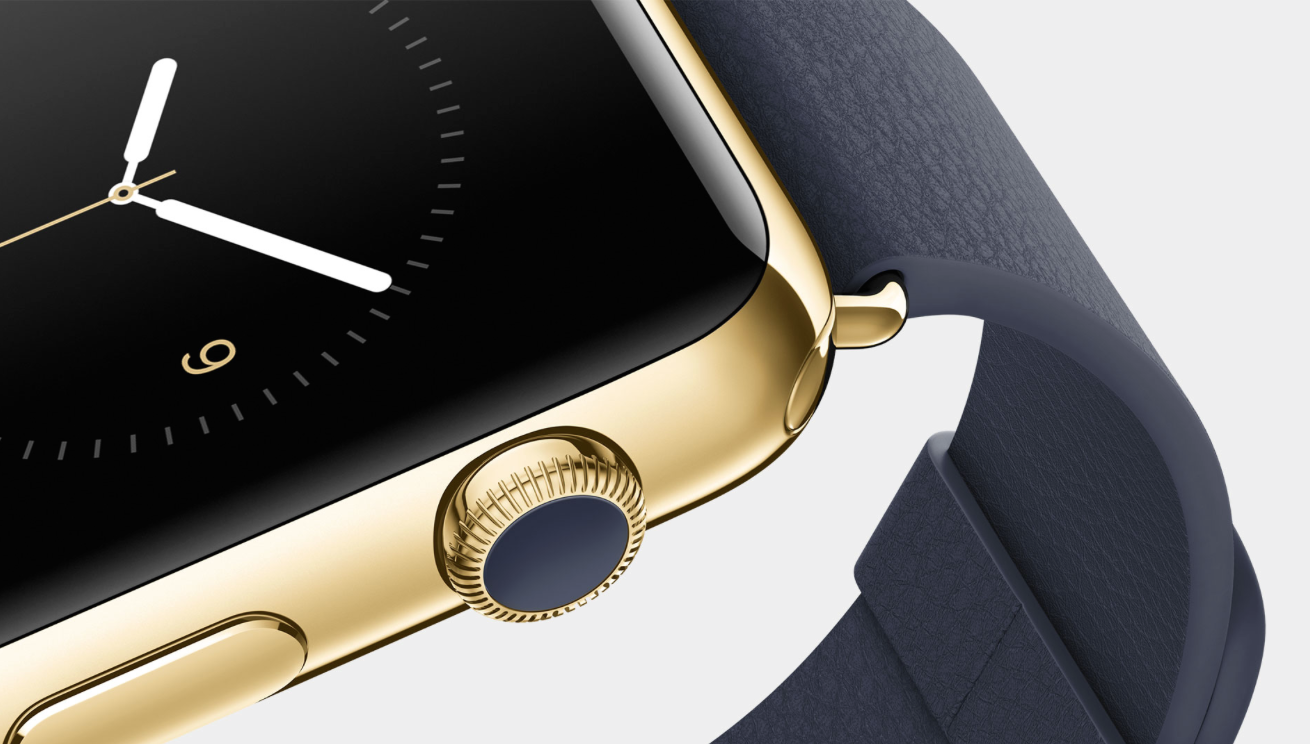
Apple's Day of Bling and Cha-Ching
The big event is over. Today, Apple announced iPhone 6 and 6 Plus, with 4.7-inch and 5.5-inch screens, respectively; Apple Pay; and Apple Watch. What we don't know is as important, if not more, than what we do. For example, Apple didn't pinpoint when in 2015 the smartwatch would be available or how long the battery will last. But Cook did discuss the ease of charging overnight, which probably indicates enough.
As I suggested three days ago, today's media event marks the beginning of the Tim Cook era, as he does things his way rather than Steve Jobs'. Notice how the CEO favors emphasizing the company brand over "i" this or that in product names. He also shed typical stern look for big, bold -- and frequent -- smiles. This is Cook's day.
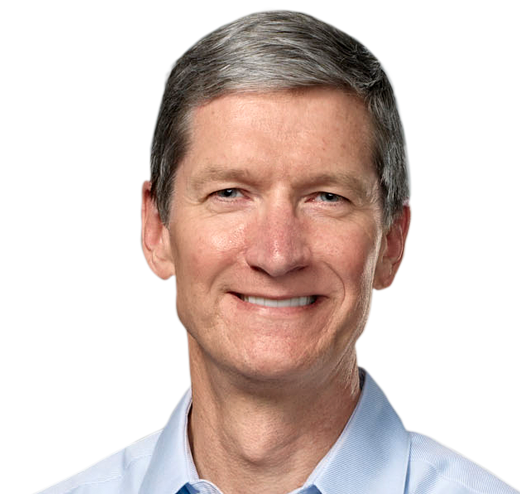
On Sept. 9th, Apple's Tim Cook era begins
I must disagree with colleague Mark Wilson, who last week asserted: "There is no reason for anyone to care about the iPhone 6", which as I write has 124 comments. I'm a big fan of provocative posts, because they engage the readership. But my feelings differ about commentaries that bluster without substance. Mark is absolutely wrong. There is every reason for everyone to care about the next iPhone.
Mark asserts that iPhone "used to be aspirational and high-end. Now the world and his dog has an Apple handset and it's turned from something special into a poor substitute for one of the countless alternatives...The iPhone is run-of-the-mill. It is predictable. It's just plain boring". In many ways, I agree, but his boring assessment is every reason to "care about the iPhone 6".

Your personal porn is public
The Internet is buzzing about celebrity nude photos pilfered from iCloud. The problem is bigger than Apple's security, if breached, which I doubt. Behavior is the larger concern, and how people adapt during the contextual cloud computing era. If your phone automatically syncs pictures or videos to any cloud service -- Google Photos, iCloud, OneDrive, or another -- you must assume that nothing is private.
That personal nude video you shoot on the HandyCam is very different from the one taken on Galaxy S5, iPhone 5s, or another device. I should be stating the obvious, but given pervasive attitudes about the Internet -- where people feel safe browsing in the sanctity of their domicile or WiFi coffee shop -- carelessness must be the presumption. These leaked celeb nudes, if real rather than Photoshopped, are good example. Simple rule: Don't shoot any photos or videos on a cloud-connected device you don't want everyone to see.
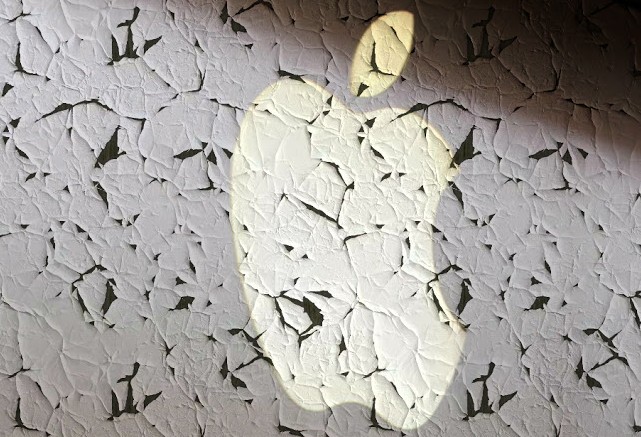
I am not kind to Apple
A day after I posted "Apple's march of the lemmings", 9to5Mac published Mark Gurman's gripping inside look into Apple's PR strategy. The story, "Seeing Through the Illusion: Understanding Apple's Mastery of the Media", is fine example of the kind of news reporting too often missing on the web today. His multi-section report is well-organized, believably-sourced (even where anonymously), and accurate -- to which I can attest based on my experience dealing with Apple as a journalist. Gurman also validates many of my ongoing complaints about how bloggers and journalists report about the company.
As expressed three-and-a-half years ago, "I am not anti-Apple". But I am against the unquestioning pro-Apple caucus the news media has become. As stated on my birthday in 2011: "My problem isn't Apple, but all the news and misinformation about the company. You can chock up any tone in my Apple posts to them. Someone has to counterbalance this crap".
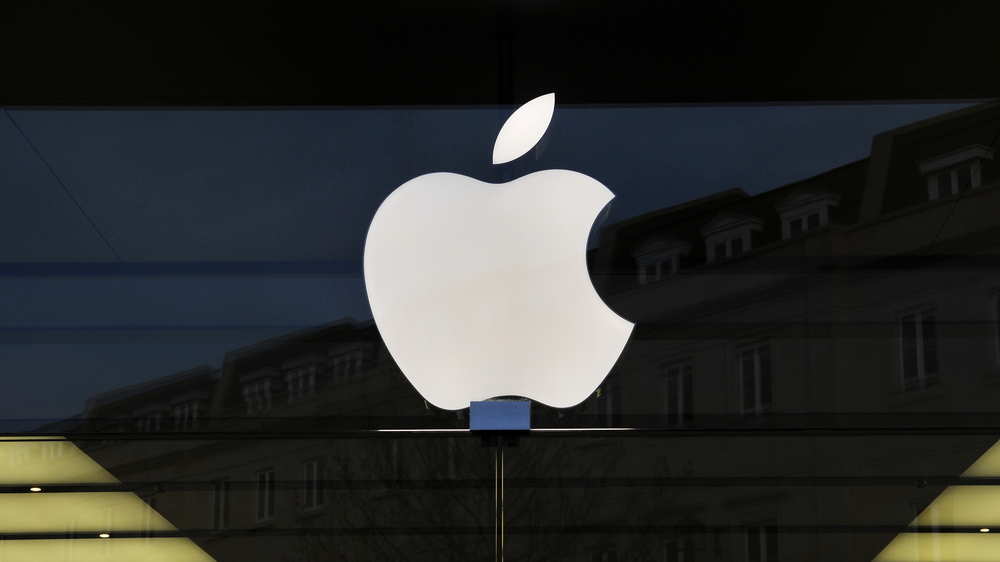
Apple's march of the lemmings
So the Apple media invites are out, and I am laughing my ass off at how effectively the company manipulates the Fourth and Fifth Estates and how willing are the lemmings to be led. (I got no invite, by the way, and didn't expect one.)
So what? We've got the same venue where Steve Jobs unveiled the Mac in 1984. Thirty-year anniversary. Check. The hall is considerably larger than the two others more typically used. Check. Add them together and you have a writ-storm of speculation -- and soon purported, unconfirmed leaks -- about something really big coming on September 9th.
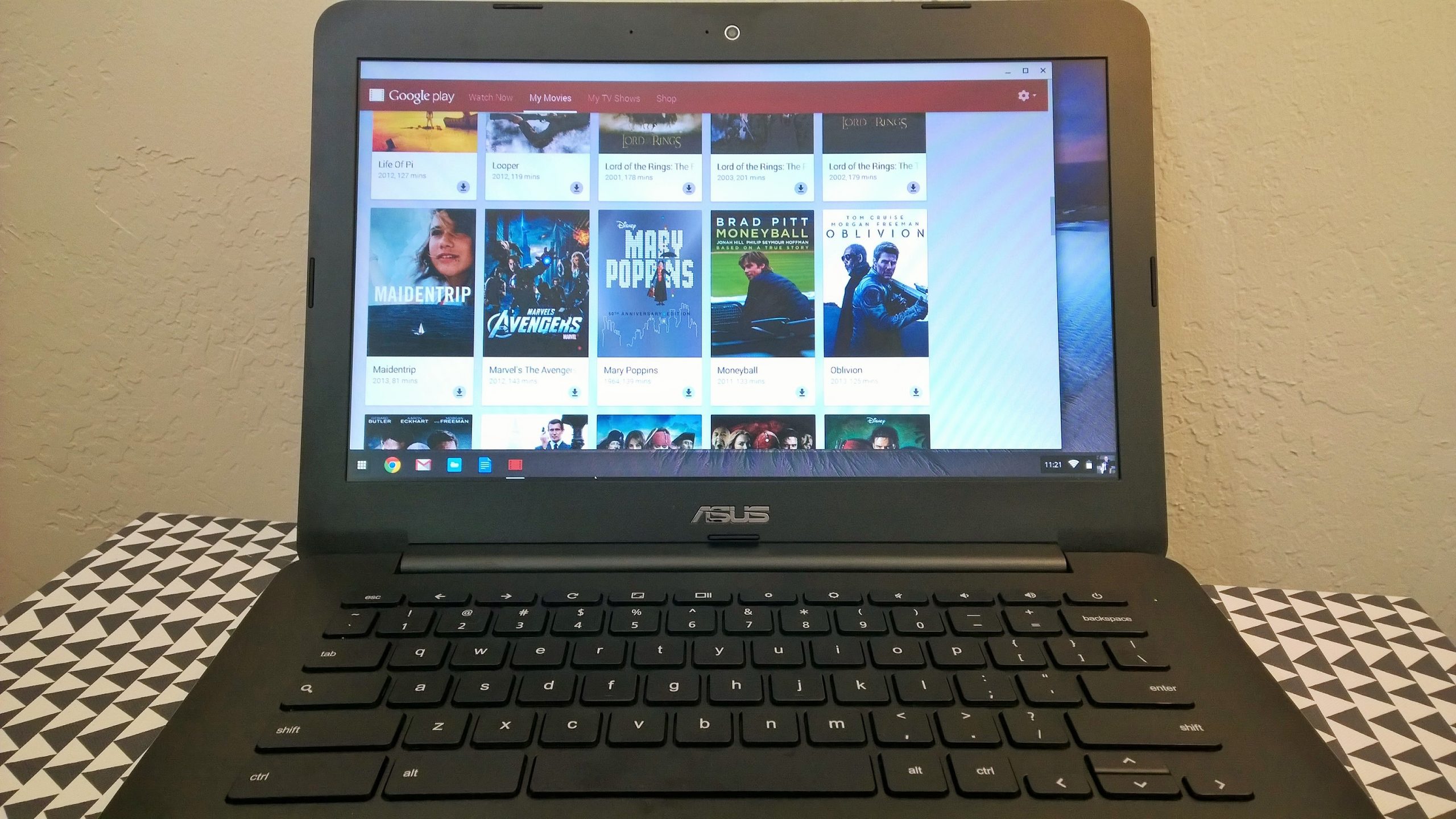
ASUS C300 Chromebook Review
This summer, I took a break from Chromebook, to conduct an experiment going "Microsoft All-In". After using the browser-based concept for about two years, I even gave up Google products and services for awhile. What terrible timing! There's a sudden shift in the winds, as Chromebook heads away from x86 and towards destination ARM and competing Intel processor Bay Trail. These lower-power consumption, lower-heat producing chips also illuminate new Chromebook form-factors: 13.3-inch displays. The first of these -- from Acer, ASUS, and Samsung -- started shipping in June, July, and August. I tested the ASUS C300.
Like the other two manufacturers, ASUS offers Chromebooks with 11.6-inch and 13.3-inch screens. I review the larger laptop. Both compete with the ARMs by adopting Intel’s Bay Trail processor, which offers similar benefits and performance pitfalls. There's nothing exceptional about the C300, which strangely is a benefit. The laptop's attributes are quite balanced -- design, performance, and price.

